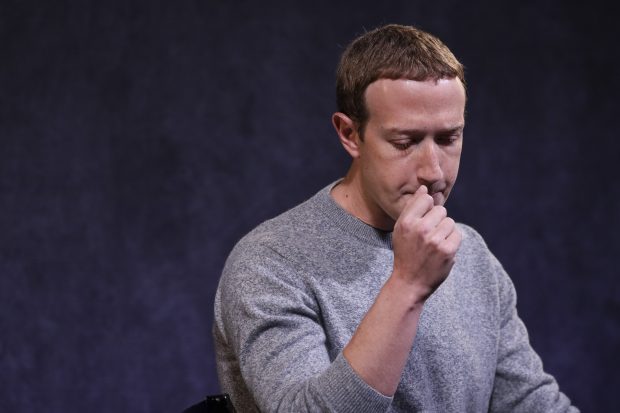Zuckerberg on Facebook: "What makes this seem secure, whether or not it actually is?"

Zuckerberg on Facebook: “What makes this seem secure, whether or not it actually is?”

Facebook’s reputation is taking a seemingly never-ending beating. Now, revelations discovered in Mark Zuckerberg’s university notebook paint the company in an even worse light.
“What makes this seem secure, whether or not it actually is?”
This was perhaps the most alarming and concerning question, written by Zuckerberg and unearthed by Wired.
Related: How to stop Facebook tracking you when you’re not on Facebook
That question seems to show a willingness to deceive Facebook (or what was to become Facebook) users from the off.
Another worrying revelation was a reference to something the Facebook founder called “dark profiles”. These are profiles for people who hadn’t joined Facebook, but whose friends had set up pages for them. Weird.
Facebook, however, has denied that the company itself made any accounts for people who were not users of the site.
The idea behind this was seemingly to make Facebook harder to avoid. If users knew that there could be a dark profile with their name on it, they’d be more likely to sign up and take control of their online presence.
According to the Wired report, Zuckerberg did consider that this might be “creepy”, but was trying to work around the perception.
These comments are lifted from a page of Zuckerberg’s notebook, and were made circa 2006.
That shows just how long Facebook’s creator has been thinking about ways to fuel sign-ups and to keep people involved. However hard he tried to navigate around people’s perceptions, it’s hard to frame this in a way that doesn’t sound at least a little creepy.
Related: How to delete a Facebook account permanently
This latest insight into the founder of Facebook comes at a time when the site is taking a considerable amount of flak in terms of its reputation.
Ever since the Cambridge Analytica scandal in 2018, Facebook’s public image seems to have taken knock after knock. Most recently the company paid out $550 million, in an out of court settlement, to a group of disgruntled users. The case surrounded usage of the ‘tag-suggest’ feature and its use of facial recognition.




















